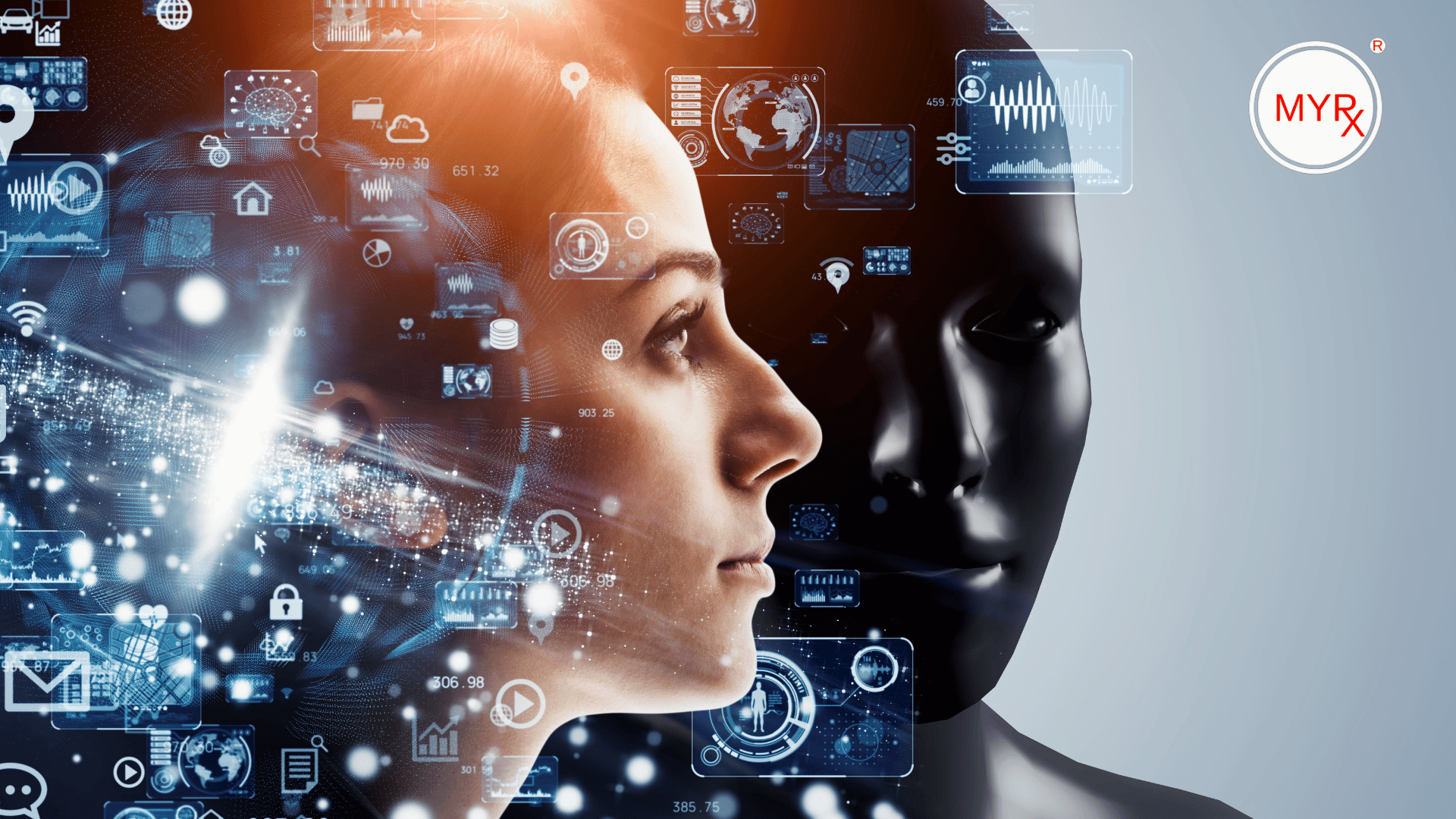
Digital Transformation: Empowering Doctors with Artificial Intelligence in Healthcare
Introduction
\Digital transformation has ushered in an era of unprecedented advancements in healthcare, with artificial intelligence (AI) playing a pivotal role in empowering doctors. AI-driven technologies have the potential to revolutionize medical practice, enhancing diagnostic accuracy, optimizing treatment plans, and improving patient outcomes. In this article, we will explore the transformative power of AI in healthcare and how it empowers doctors to deliver more efficient, precise, and personalized care.
AI in Diagnostic Imaging:
AI-powered diagnostic imaging technologies have the potential to significantly improve the accuracy and efficiency of diagnoses. This section will discuss how machine learning algorithms can analyze medical images, such as X-rays, MRIs, and CT scans, to assist doctors in detecting abnormalities, identifying patterns, and making more precise diagnoses. It will highlight the benefits of AI in reducing interpretation errors, expediting diagnosis, and improving patient outcomes.
Predictive Analytics and Risk Assessment:
AI enables doctors to leverage predictive analytics and risk assessment models to identify patients at higher risk of developing certain conditions or experiencing adverse events. This section will explore how AI algorithms can analyze patient data, including medical records, genetics, and lifestyle factors, to assess individual risk profiles. It will discuss how doctors can use these insights to develop personalized prevention strategies, early interventions, and targeted treatment plans.
Clinical Decision Support Systems:
AI-powered clinical decision support systems provide doctors with real-time guidance and evidence-based recommendations for patient care. This section will discuss how AI algorithms can process vast amounts of medical literature, patient data, and treatment guidelines to support doctors in making informed decisions. It will highlight the benefits of AI in reducing diagnostic errors, suggesting optimal treatment options, and ensuring adherence to best practices.
Virtual Assistants and Natural Language Processing:
AI-driven virtual assistants and natural language processing technologies can streamline administrative tasks and enhance doctor-patient interactions. This section will explore how virtual assistants can automate documentation, schedule appointments, and retrieve patient information, allowing doctors to focus more on direct patient care. It will discuss the potential of natural language processing in facilitating more efficient and accurate communication with patients, including voice-to-text transcription and language translation.
Remote Monitoring and Predictive Maintenance:
AI-enabled remote monitoring devices and predictive maintenance systems enable doctors to proactively monitor patients' health conditions and detect potential issues before they escalate. This section will discuss how wearable devices, IoT sensors, and AI algorithms can analyze real-time patient data to provide doctors with insights into patient health trends, medication adherence, and vital sign anomalies. It will explore how remote monitoring and predictive maintenance improve patient outcomes and reduce hospital readmissions.
Ethical Considerations and Human Oversight:
While AI brings immense potential to healthcare, it is crucial to address ethical considerations and ensure human oversight. This section will discuss the importance of maintaining patient privacy, data security, and informed consent when utilizing AI technologies. It will highlight the need for doctors to maintain a balance between AI-driven insights and their clinical expertise, ensuring that human judgment remains central in decision-making.
Conclusion
AI-driven technologies are transforming the practice of medicine, empowering doctors with unprecedented tools and insights to deliver more efficient, accurate, and personalized care. By harnessing the power of AI in diagnostic imaging, predictive analytics, clinical decision support systems, virtual assistants, remote monitoring, and predictive maintenance, doctors can revolutionize healthcare delivery and improve patient outcomes. However, it is crucial to navigate ethical considerations and ensure that AI is used as a supportive tool, with human expertise and empathy at the forefront. By embracing AI in healthcare, doctors can shape a future where precision medicine and patient-centric care become the new standard.